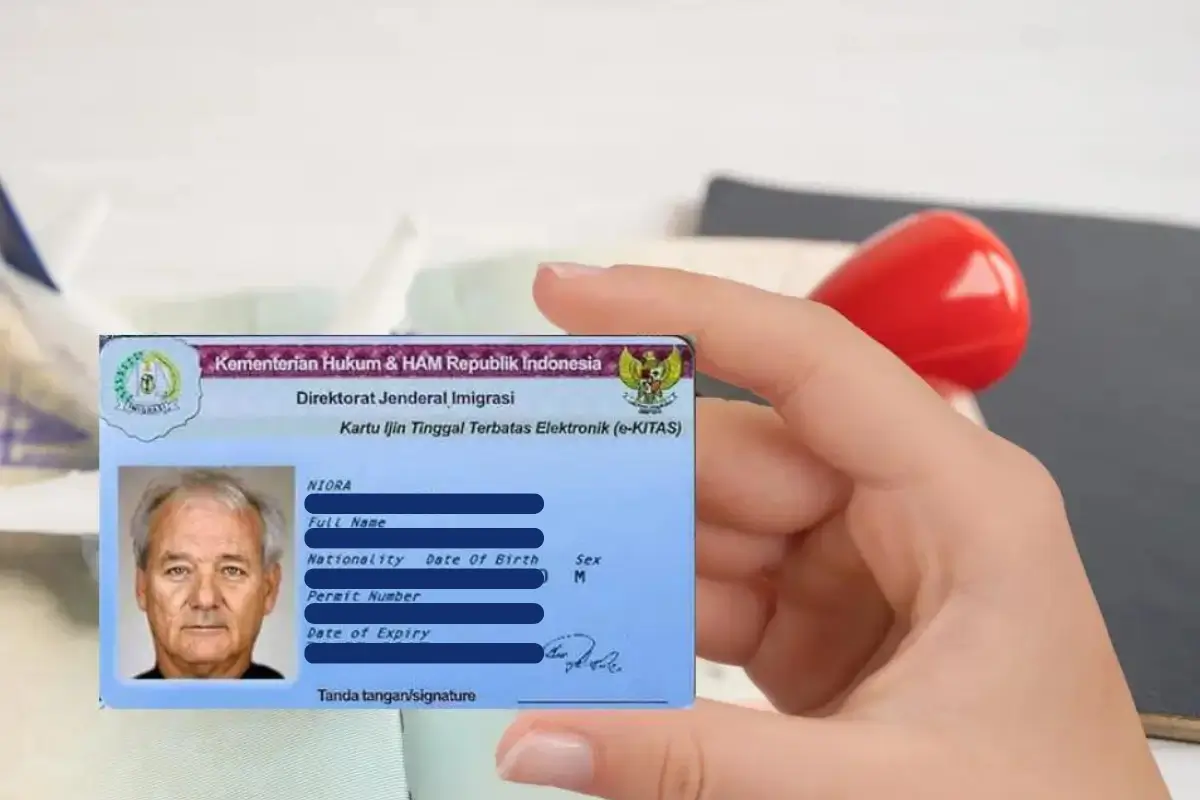
A sweeping corruption scandal at Indonesia’s Ministry of Manpower has exposed a sprawling scheme of extortion targeting foreign workers and the companies that employ them.
Indonesia’s Corruption Eradication Commission (KPK) has named eight suspects in the case, including two former directors general overseeing labor placement and job expansion. The other six are civil servants with varying ranks inside the ministry.
Together, they are accused of orchestrating a years-long scheme that siphoned at least Rp 53,7 billion—about USD 3,3 million—between 2019 and 2024.
But that figure, investigators say, may only be the beginning. The KPK suspects the illicit practice dates as far back as 2012.
Bribes for Paperwork
The core of the corruption was straightforward: Foreign workers—mostly employed by investment-heavy foreign companies in sectors such as mining, infrastructure, and manufacturing—cannot legally work in Indonesia without a government-issued Foreign Worker Utilization Plan, or RPTKA. That plan, in turn, is the basis for a limited stay permit (KITAS) and work visa.
Although the process is supposed to be free, companies were routinely shaken down at every stage of the application. Bribes—thinly veiled as “administrative fees”—were demanded to move paperwork forward.

According to whistleblower accounts and internal documents cited by Tempo magazine, the practice was not hidden in shadows, but conducted openly through labor agencies that acted as middlemen.
Even after permits were issued, the extortion often didn’t stop.
Rogue Raids and Phantom Violations
Foreign workers who had obtained the proper documentation found themselves at risk of another kind of shakedown: surprise raids by immigration officers or police.
These operations, sometimes referred to as “razia gelap” or dark raids, were typically launched without formal warrant or cause. Workers would be accused of technical violations—such as being present at a seminar outside their registered work location—and then forced to pay up or face deportation.
In one such example, a mining technician based in Morowali, Central Sulawesi, was targeted after attending an industry conference in Jakarta. Authorities claimed this breached the geographic scope of his RPTKA and threatened action unless a payoff was made.
Immigration and police officers alike are alleged to have exploited similar tactics, weaponizing technicalities in the law to extort workers and companies alike
A Chilling Effect on Investment
For foreign investors and business operators in Indonesia, the scandal cuts beyond bureaucratic dysfunction: It paints a picture of a state apparatus in which multiple agencies—labor, immigration, and law enforcement—act in concert to extract rents from the very firms the government claims to court.
The KPK has not announced any additional suspects beyond the initial eight, but pressure is mounting for the commission to widen its scope.










